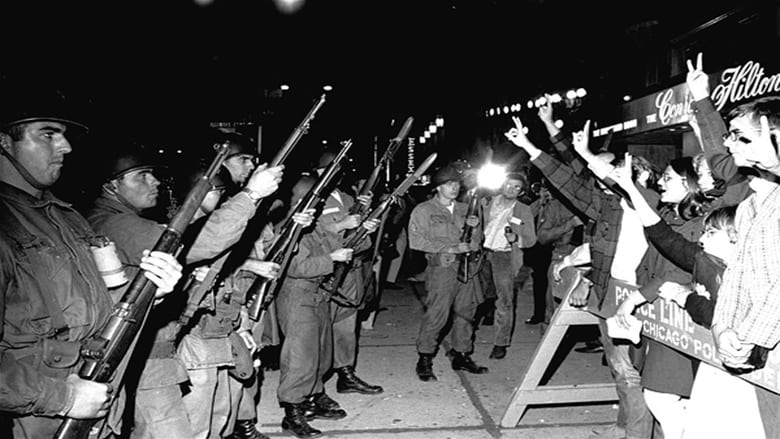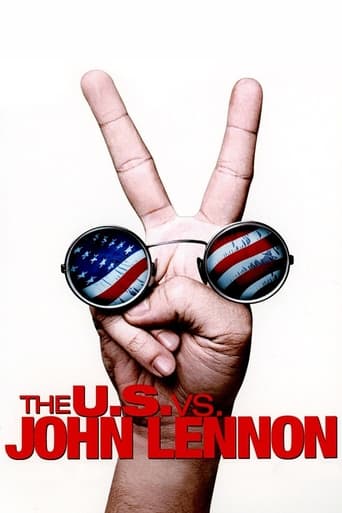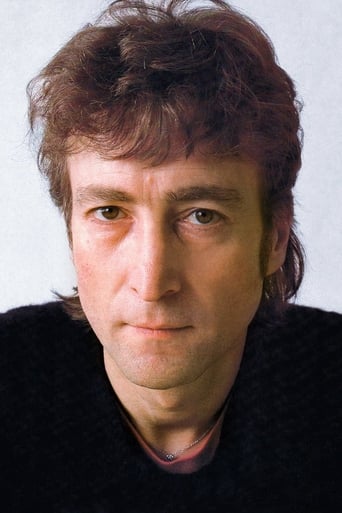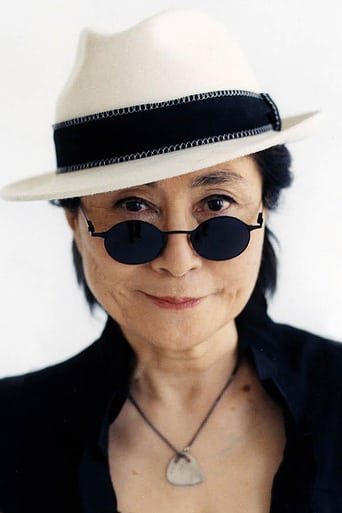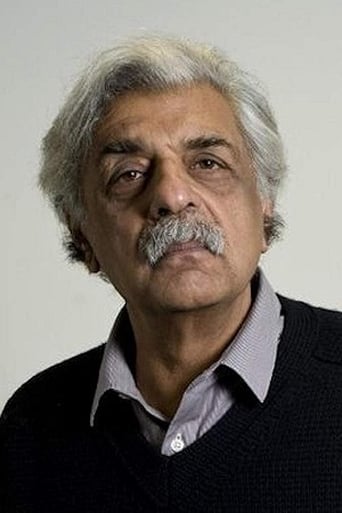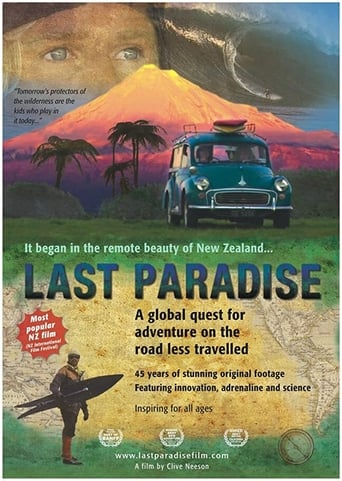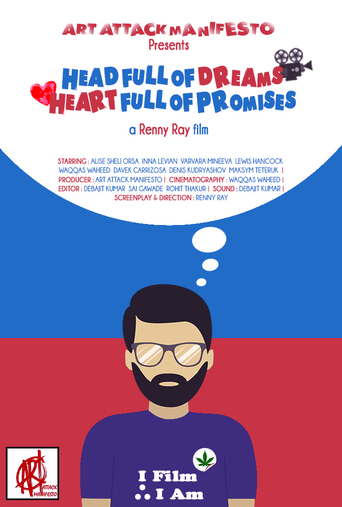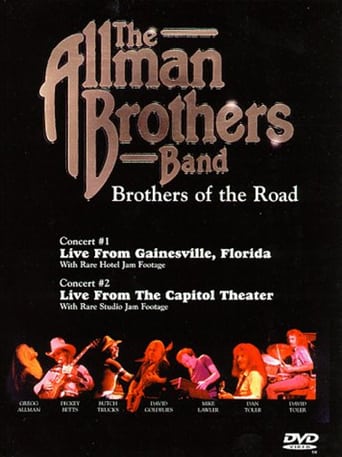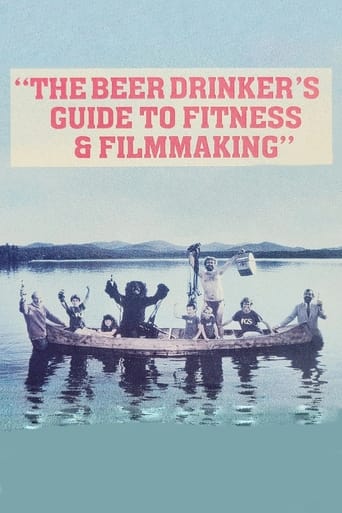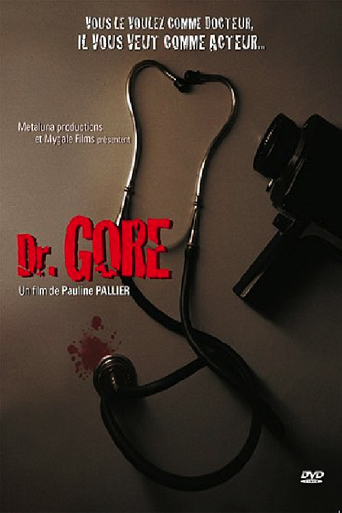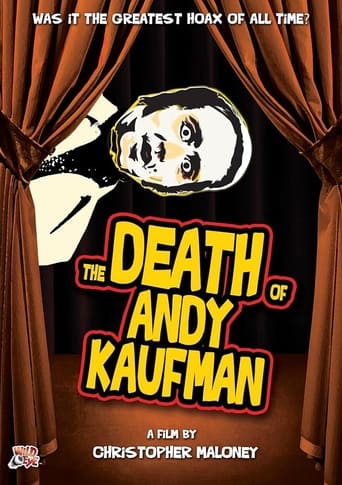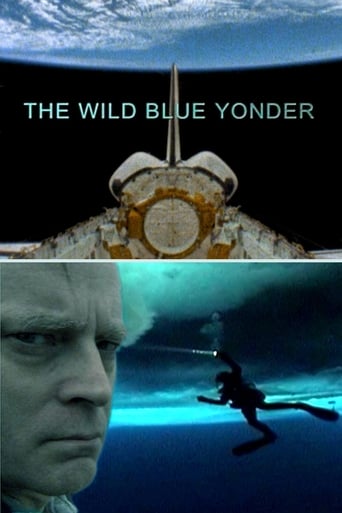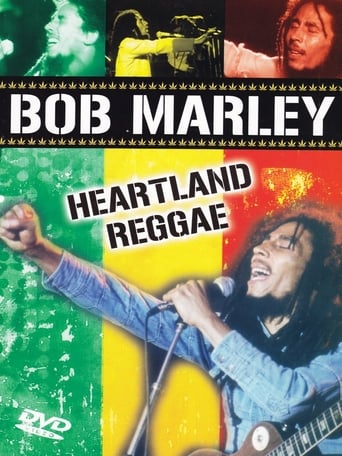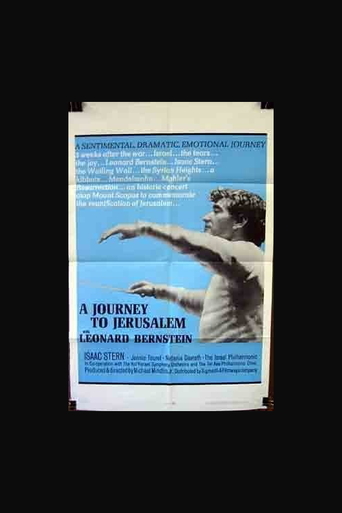The U.S. vs. John Lennon (2006)
A documentary on the life of John Lennon, with a focus on the time in his life when he transformed from a musician into an antiwar activist.
Watch Trailer
Free Trial Channels
Cast


Similar titles
Reviews
I was totally surprised at how great this film.You could feel your paranoia rise as the film went on and as you gradually learned the details of the real situation.
Instead, you get a movie that's enjoyable enough, but leaves you feeling like it could have been much, much more.
a film so unique, intoxicating and bizarre that it not only demands another viewing, but is also forgivable as a satirical comedy where the jokes eventually take the back seat.
A clunky actioner with a handful of cool moments.
There is a line in the movie from a former FBI agent. He said "If Lennon had just kept his mouth shut, and made his music, there never would have been a problem." And there is the fundamental issue. Here was John Lennon, who had fame and fortune as a member of the Beatles. Does he continue to write disposable pop tunes, or does he use song to uncover some of the injustice in the world? Thankfully for us, he chose the later.John Lennon used his platform for the greatest good. He gave a voice to those who were shunned. He allowed Bobby Seale of the Black Panthers to have his say, and refute how the news media had portrayed him. Lennon was a man of peace, which made him a threat to men like Richard Nixon, who dedicated their lives to war.The film goes into great depth Lennon and his views, as well as the infamous fight by the Nixon Administration to deport Lennon as an "undesirable alien" simply because he spoke out. The film features interviews with both Yoko and the attorney who fought the deportation and won.The documentary focuses heavily on his activism, and reveals many details not generally known, even to the most hard core fans. The film makes great use of home movies and news clips as well.One of the strongest uses of news clips comes at the end. The public display that went on for John Lennon was unmatched by anyone up to or since then. The raw emotions of the fans gathered for the tribute to him was grim, it was real, and it brought home how beloved John Lennon was to a people tired of war.John Lennon isn't simply portrayed as a musician turned social activist. He's not portrayed as a superhero either. He's portrayed as a man who looked upon the world, and asked why. Why must there be so much death and destruction? And looking at the state of affairs in the world now, we really could use John Lennon.
A concert made in order to ask the freedom of John Sinclair. Lennon was there and here begins The U.S. vs. John Lennon, a very entertaining and interesting documentary that first take us to what we already knew about Lennon to end focusing in his deportation problem. The reason of that problem is clear and obvious; the powerful footage is here and the picture features interviews with persons from that side and from the other side (close friends, historians, journalists, veterans, activists, senators, FBI ex-agents, Yoko Ono, etc) and that is quite interesting to hear persons that used to think quite different about Lennon but now those persons, in a neutral side, are glad that Lennon could won, partially. That interesting footage shows Lennon as we remember him and his music was, is and will be very powerful. The "Give Peace a Chance" part is amazing -John Lennon: If I'm going to get on the front page, I might as well get on the front page with the word peace. Gloria Emerson: but you've made yourself ridiculous! JL: to some people. I don't care if it saves lives. GE: you don't think you, oh my dear boy you're living in a never-never land you don't think you've saved a single life?JL: what were they singing in the moratorium? Give Peace a Chance And I'm glad they sang it AND WHEN I GET THERE I'LL SING IT WITH THEMThe "Mother" part, near the beginning, too and also I found perfect "Here We Go Again" during the part of the reelection of Nixon. "Instant Karma" (one of my personal favourites songs of Lennon) is at the credits of this documentary and made me stay watching and listening until the very end.Conclusion: The U.S. vs. John Lennon is a recommendable picture. Lennon was an admirable person and here his believes and his music are very well presented and the footage is great yet known since we already know who was Lennon and the main subject is interesting but obvious since, knowing who was Lennon, is easy to think the real reasons of why they wanted him outside the U.S. Anyway, I liked it a lot and I hope you can check it out. John Lennon (1940-1980)
The concept of John Lennon being a peaceful uniter, is presented in this tired effort, as if he was against the USA.A vivid contradiction about a talented musician, who seemed eager to promote an enlightened existence amongst Humanity, regardless of his naive efforts.In this IMDb thread, we see the same mindless contradictions that the producers of this vapid film provided.Some have decided to label the Vietnam Conflict as Nixon's War, forgetting that the Republican was elected after two Democrat President's began the US involvement in Vietnam and led the fight in this conflict for years.But perhaps the most vacant aspect, the failure of so many - including the filmmakers, to not accurately portray the abandonment of Millions who sought freedom, and were later slaughtered by the Communists after the US Congress ran away from their commitment.A real Human Tragedy, encouraged by the same activists who sought 'peace'.And yet, in posts on this website, we are forced to be confronted by those who actually compare John Lennon's comments about Jesus Christ, to the mindless Dixie Chicks!It is rather embarrassing.It seems no matter the time, the situation, the Political Bigotry of some, will vilify the Republican regardless if they didn't begin the US Involvement in Vietnam - and ended the US Military Action in this Cold War Battle.Forget logic, facts, reason...Don't think about the Soviet and Chinese participation in that historic conflict.Ignore the ugly efforts of Democrat Presidents over the years, including the Clinton Administration's LIES about the Genocide in Rwanda.Today, we see a US President, whose actions have led to the potential Liberty of 50 Million in Iraq and Afghanistan.In Afghanistan, the Afghani People can NOW listen to John Lennon's music without brutal persecution from the horrid Taliban.But today, the anti-US mindset, the bias against a 'REPUBLICAN' is so overt, the objectivity is vacant.And this slanted, manipulative, uninspired Film, is yet another example of why such ignorance grows.The USA, a Democratic Republic, giving healthy opportunity for Millions (including the savvy song writer from Liverpool), remains the biggest humanitarian provider on this Planet...The USA includes historic Civil Rights, Women's Liberty, Freedom of Religion, Freedom of Speech, etc., continues to be 'persecuted' in misguided ways.It is sad to watch those who produce such blind efforts...If John Lennon had made such a display in another Country in the midst of a Global Cold War, he may not have been treated with any rights at all.In fact, the Communists simply removed you from all contact with society, and often ended your life.Thankfully, others (besides the vapid commentary on this board about this Propaganda Film) throughout history knew the true cost of FREEDOM, and were willing to sacrifice for a better life for all.The film could have been a fascinating look at the time, and the life of an amazing Creative Force, but instead, it flops on the old political blindness and propaganda efforts of the small minded.
David Leaf's and John Scheinfeld's *The U.S. vs. John Lennon* is an insular little diversion, showcasing Lennon's post-Beatles period when his activist voice made the United States government tremble in its widdle booties.Taking a stand against the Viet Nam War (back in the day when "peacenik" was not a four-letter word), allying with activists Abbie Hoffman, Jerry Rubin, Black Panther Bobby Seale, Lennon's "radical" political leanings eventually got him noticed by J. Edgar Hoover's Gestapo (erroneously called the FBI).In their quest to silence any who disagree with them, the fascist Nixon administration dogged Lennon until Strom Thurmond (then only 179 years old and looking not a day over Nosferatu) figured a way to silence Lennon without resorting to government-sanctioned murder (unlike their usual way of dealing with dissenters) deport him back to merry old Liverpool.The Immigration bureaucracy then smeared all over John and wife Yoko, who battled until they actually won in October 1975.Someone comments that it's hard to believe this pop star could have stirred up the government in such a manner; the fact that the FBI involved itself at all in surveilling Lennon illustrates the petulance, paranoia and panicky ignorance of what is supposedly the greatest superpower on Earth.Released in 2006, *The U.S. vs. John Lennon* has all the potential to be another stab through the heart of an administration struggling for credibility (the Bush fiasco), but never quite extricates itself from its own subject matter, ultimately about an activist who is dead (Lennon) and his dissent over a conflict that is over (Viet Nam), so misses the mark on compelling.My greatest quibble with the film is that it never strays from Lennon twisting the government's panties; it misses the opportunity to analogize the events of the early 70s with the repeated history of the early 2000s. The closest it comes to crossing historical boundaries is when Gore Vidal comments, "He was everything they hated. He represented Life, which was admirable, and Mr. Nixon and Mr. Bush represent death - and that is a bad thing." The overarching message Lennon promoted was simply PEACE. Why does or should ANYONE oppose him at all? The few opposing press opinionators and government lackeys who dogged him were not concerned with legitimate issues (execution of the message or advising him on protocol), they debated Lennon on the message itself. What is the *matter* with these people? (Well, we know what the matter is the perpetuation of conflict for ulterior agenda - but that would take us more off topic than a Yoko Ono song.) The movie loses street cred by calling Abbie Hoffman and Jerry Rubin "Radical Activists" as opposed to other protesting voices who are termed simply "Activists." Isn't that The Man's point of view? What makes an activist "radical" anyway? Telling the Truth? Through a megaphone?! Speaking of peace in a time of war? that's radical!Dictionary definition of radical is: "Favoring or effecting fundamental or revolutionary changes in current practices, conditions, or institutions" but this movie uses "radical" to describe an affront to the government's criminal war policy. And there is no consistency. Paul Krassner is tagged a "radical journalist" (for hanging with Rubin and Hoffman and writing subversive newsletters, I guess), while Carl Bernstein (labeled merely a "journalist," of *All The President's Men* fame) helped bring down Nixon's Satanic White House! You tell me: what's more of a "fundamental, revolutionary change"? Meanwhile an ex-con and felon who planned the Watergate break-in - G. Gordon Liddy - instead of being labeled with either his prisoner number, his bitch name in jail, or even "criminal mastermind" is titled "Former Nixon Administration Official." If they can't get their labeling right, how do we take this movie seriously at all? From interviews with Ron Kovic (author, *Born on the Fourth of July*), to Geraldo Rivera (radical mustachio), Mario Cuomo (ex-Governor of New York) to legendary author Noam Chomsky and former presidential candidate George McGovern (to name but a few), the film tries to cover all angles, but neglects to impart major reasons for world events - we get no explanation of why the Viet Nam war is even happening; Nixon is suddenly ousted from the White House with no Watergate; Mark David Chapman (Lennon's killer) is not even mentioned by name. Lennon songs are strewn non-chronologically throughout the movie, mirroring the almost arbitrary, stream-of-consciousness events, like the bed-ins, the bag-ins and those oh-so-radical megaphone rallies - though it truly is stirring to hear *Power to the People* and *Give Peace a Chance* in the contexts for which they were written.Under *Imagine* the film hits another low point in cliché, giving us still-frame flashpoints in Viet Nam (the bloated dead in graves, the child soldier, the gun to the head of a prisoner you know the manipulative mantra).Ironically, the North American Union (that underhanded pigdog Free Trade treaty between the Head Eggs of the three countries of Mexico, the United States and Canada) seems to be congruent with John's vision: "Imagine there's no countries / It isn't hard to do / Nothing to kill or die for / And no religion too" but the brotherhood of man "sharing all the world" Lennon envisioned did not include *enslaving* the population through a police state and radio frequency ID cards which is what the Three Amigos are cultivating with their illegal disintegration of the borders.After all, the last lines of that verse are "Imagine all the people / Living life in peace..." Now THAT would be radical.

